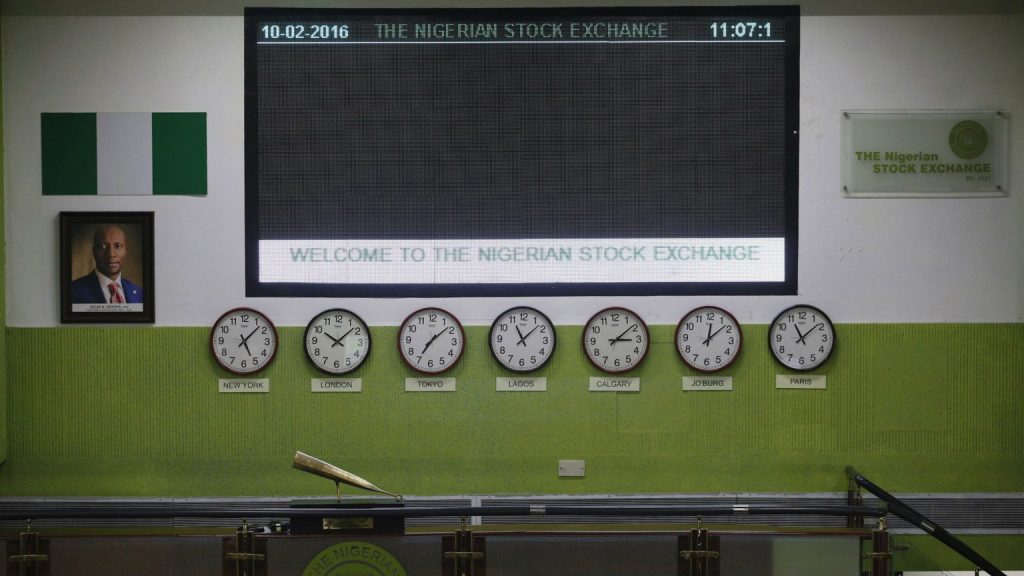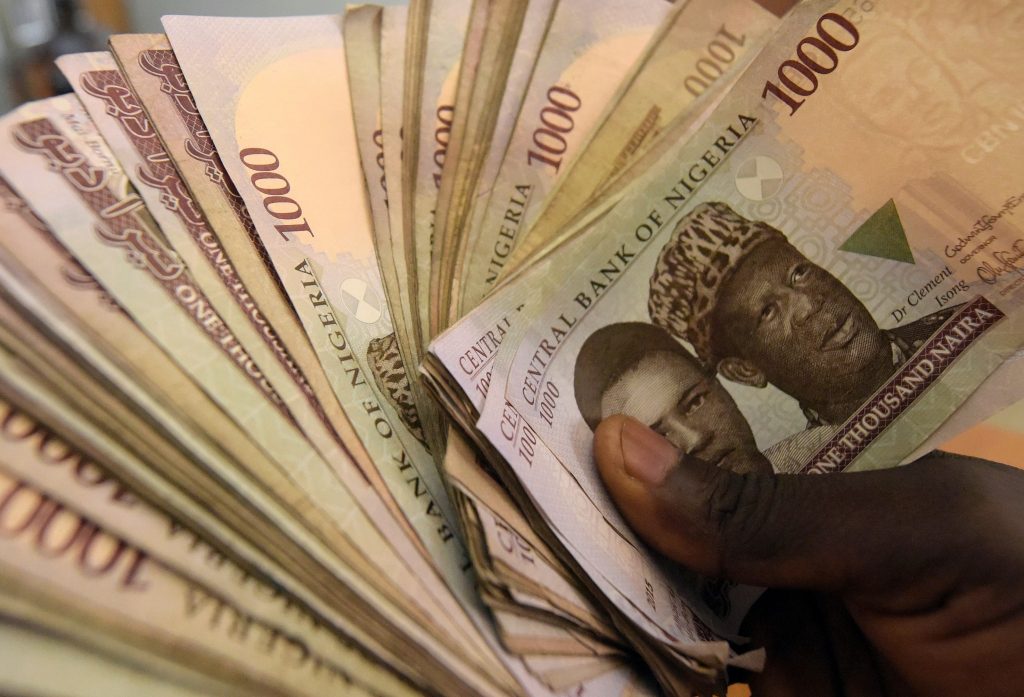Nigeria’s central bank through the Governor, Godwin Emefiele, recently unveiled its priorities for 2020 at the 54th Annual Bankers’ Dinner of the Chartered Institute of Bankers of Nigeria (CIBN) in Lagos. According to Emefiele, the Central Bank of Nigeria (CBN) will support greater economic growth, price and exchange rate stability, and low inflation through a series of policies that will grow the nation’s non-oil exports in 2020. More details here.
Below is the Ventures Africa Weekly Economic Index, for the week ending 6th of December 2019. This economic index gives you a glimpse into other recent activities in Nigeria’s economy as well as changes and prices that could affect the economy:
Nigerian Stock Exchange

Data released by the Nigerian Stock Exchange (NSE) as of December 6 2019, showed that the NSE All-Share Index and Market Capitalization depreciated by 0.54 percent to close the week at 26,855.52 and N12.962 trillion respectively. Similarly, all other indices finished lower with the exception of NSE Pension, NSE Consumer Goods etc, while the NSE ASeM Index closed flat.
Top five price gainers and decliners in the week under review:
Top five price gainers
Royal Exchange Plc.
Unilever Nigeria Plc.
Trans-Nationwide Express Plc.
Niger Insurance Plc.
Okomu Oil Palm Plc.
Top five price decliners
Cornerstone Insurance Plc.
Medview Airline Plc.
Arbico Plc.
Ikeja Hotel Plc.
FCMB Group Plc.
How did the Naira fare?

The Nigerian currency slid against the dollar at the close of last week, trading at 363 Naira per dollar. This is slightly higher than N362 per dollar recorded a week before.
How did the price of oil fare?
Brent oil prices closed out the week on the 6th of December 2019 at $63.31 per barrel, an increase from $62.39 recorded a week earlier. OPEC members, as well as non-member allies, agreed last week to reduce their oil supplies by an additional 500,000 barrels per day (BPD).
The cut, set to come into effect January, is on top of an output curb of 1.2 million BPD the group agreed to in October of 2018. Analysts say the deeper cut is a positive development for the oil market as it will help keep supplies at or below demand, which has been growing at a slower pace due to the trade war between the United States and China.








